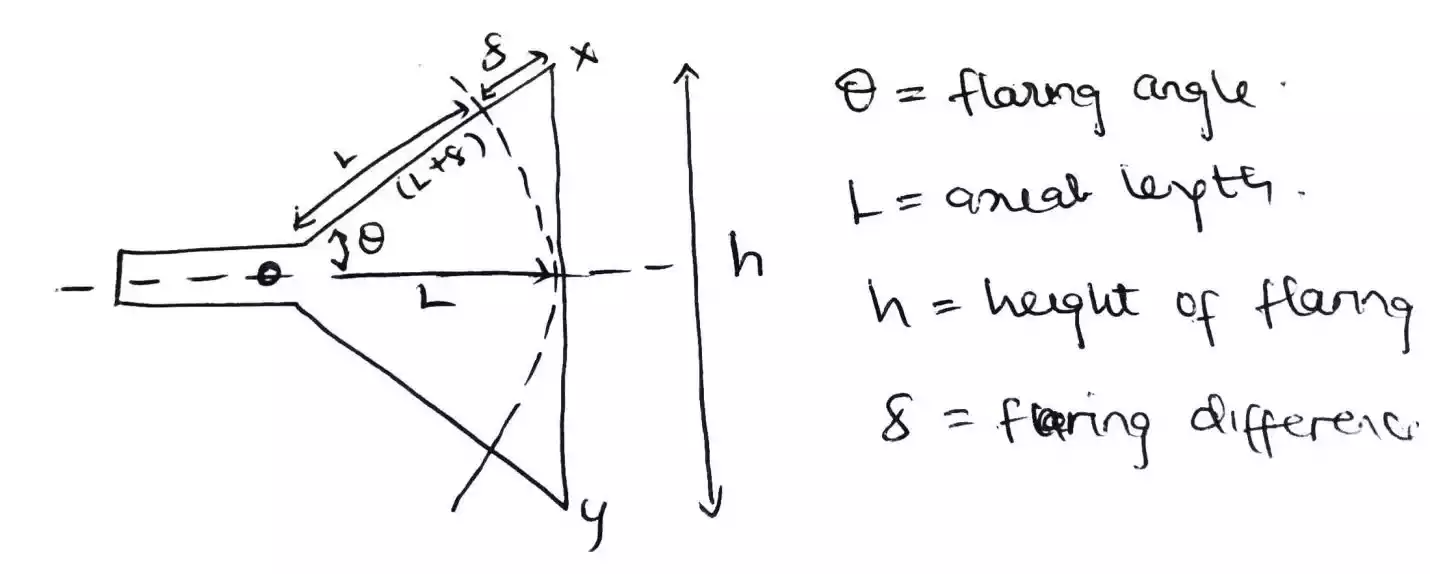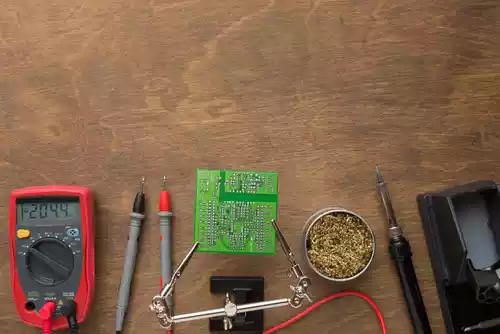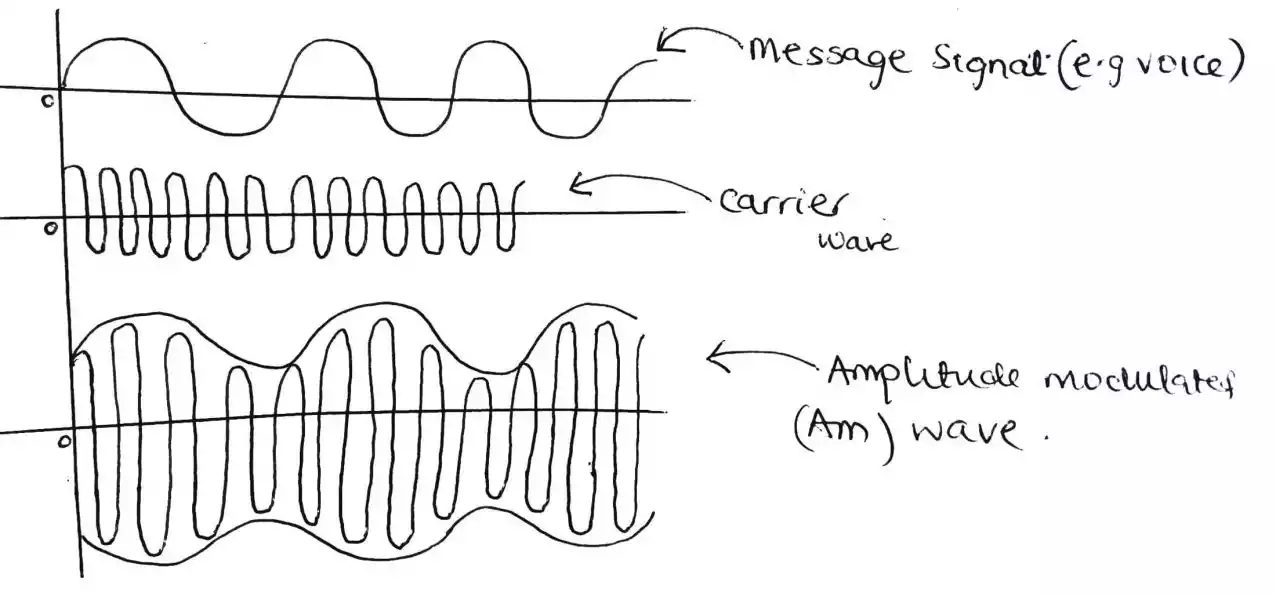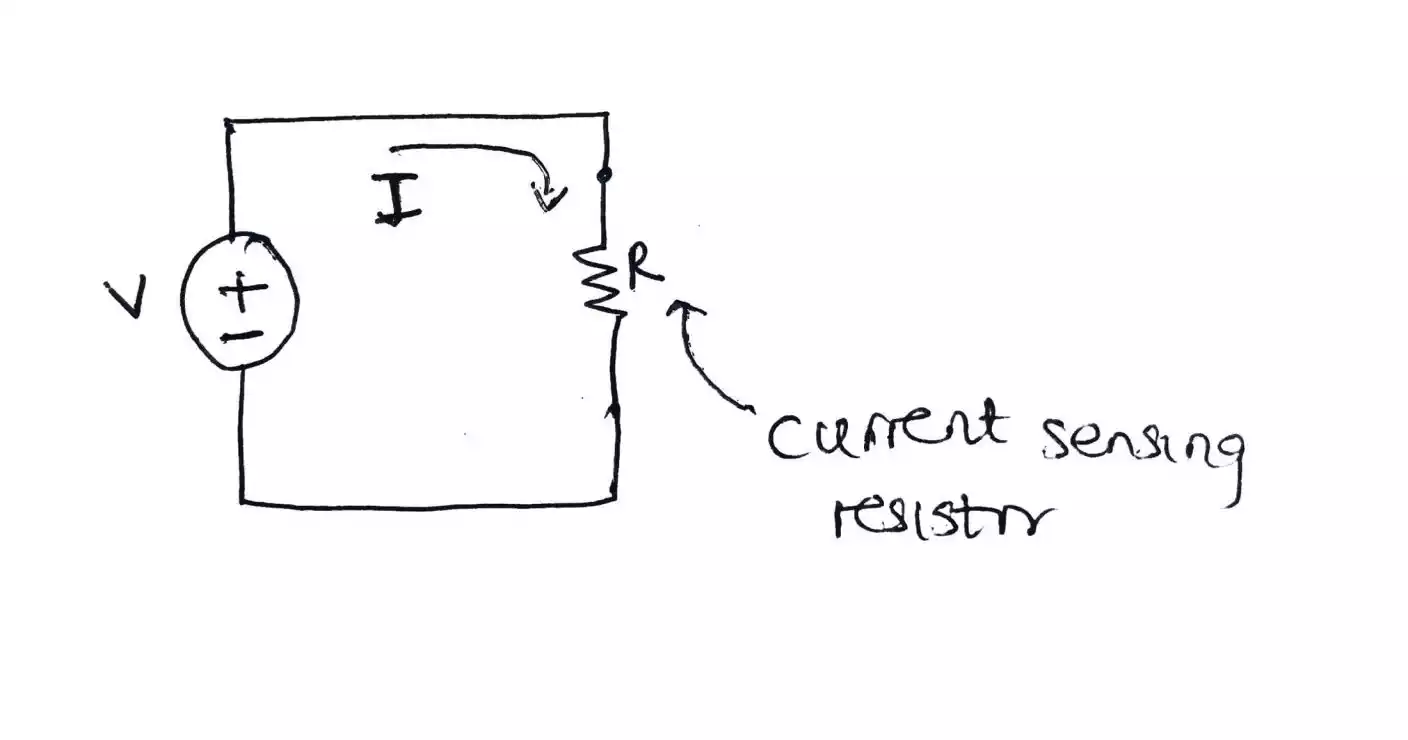Importance of Programming to Electrical and Electronics Engineering
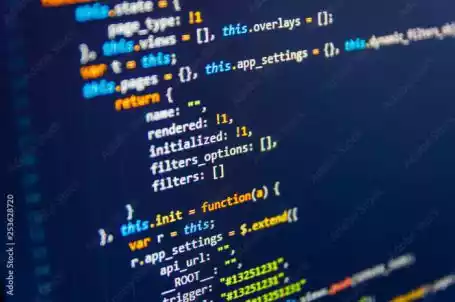
Programming is important to electrical and electronics engineering (or EEE for short) because EEE is all about problem-solving and these problems are solved using mathematics, physics, and programming (sometimes referred to as coding).
But what is programming all about?
Programming is a skill or tool that is used for commanding or instructing computers or hardware devices to do a specific task most especially those that are repetitive and need precision because a human can’t, or those tasks that help to make life easier for us.
Another thing is that programming is diverse and has a lot of use cases in electrical and electronics engineering ranging from the software’s used for making simulations or predictions to designing embedded systems like gaming hardware’s, calculators, MP3s, devices used in medical centers like ultrasound scanners to IoT (internet of things) devices which are dominating the world.
how to instruct the computers or hardware devices?
In telling computers or hardware devices what to do, a programming language is used to instruct these devices. So in essence programs are written for devices that are capable of understanding programs or codes.
But the programming language that is often used for commanding or giving instructions to computers or hardware devices in electrical and electronics engineering is C programming language and sometimes C++ or python.
The C programming language is considered a middle-level language as it closes the gap between a machine level language and a high-level language. Due to this, using C to program hardware’s or electronic devices, there is often an increase in the performance of these devices.
Where is programming needed in EEE?
Not all aspect of electrical and electronics engineering requires programming but the areas where they are needed most includes:
Embedded systems
Embedded systems are referred to as small computer (or computing device other than the normal computers you know of) that is designed to perform a specific task. e.g. a calculator.
So an embedded system can also be thought of as a motherboard with microprocessors, memory, and other semiconductor devices. And inside these devices, there are different ICs (integrated circuit) that consist of a bunch of transistors that is transformed into a chip.
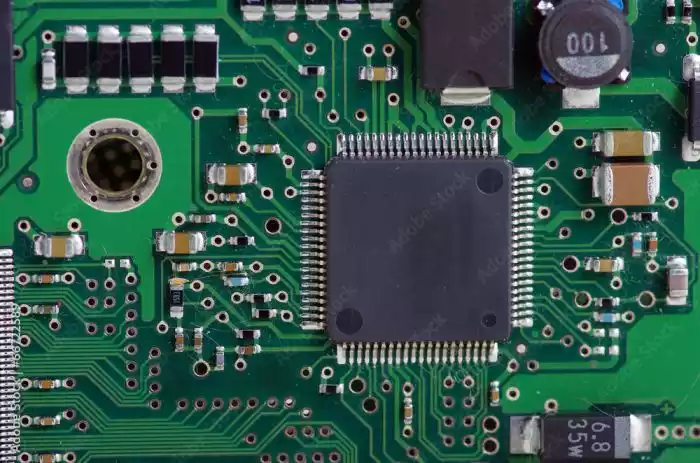
These chips are the superpowers that make up the modern devices or technologies that we’ve today. Using a calculator as an example, if you perform some operations like 2 + 2, do you ever think of how it recognizes that, and give you four as an answer.
Probably not but the thing used here to make it understand what to do when something happens or certain operations are performed is called programming.
Software design
Many software’s are needed to control devices or to make simulations of real-world problems.
For example, a software like Everycircuit or Multisim that allows you to prototype circuits and know the value of voltages across and currents through each component in the circuit even before designing the circuit which is a way to making predictions. Hence making things much faster, better, and quite efficient.

IoT or the internet of things
This is a trending technology and it is growing rapidly because it utilizes microcontrollers to make smart devices or systems.
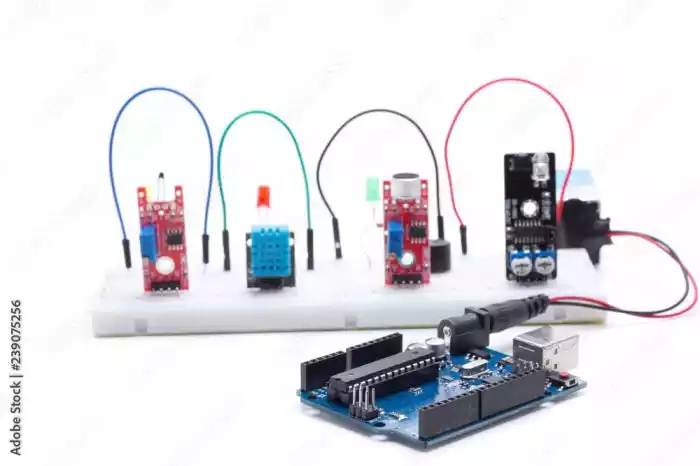
To know how important IoT is, have you ever desired to control your devices or appliances at home e.g. air conditioner, or detect gas leakage while you are not even at home, if yes then IoT is the technology that can help you do that.
Because as the name implies, it connects things (that are our devices) to the internet or cloud which means we can access our devices using our mobile phone.
So these are some of the areas that programming surfaces in electrical and electronics engineering.
And also there are a lot of other programming languages and their use cases like JavaScript which is used for making web apps or websites, Python which is used for making automation, and even more different languages.
So as an electrical and electronics engineer, it is not a must to learn the programming languages used for instructing computers or hardware devices.
Rather, you can diversify and learn another programming language like Java that can help you build applications or software which make this journey of programming in EEE endless so wake up build something great and hope for the best.

